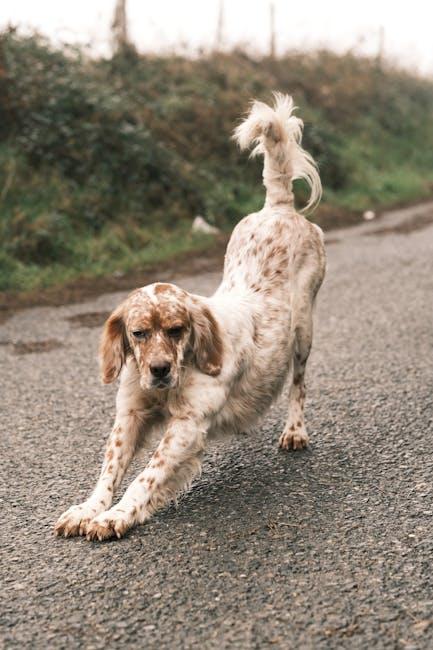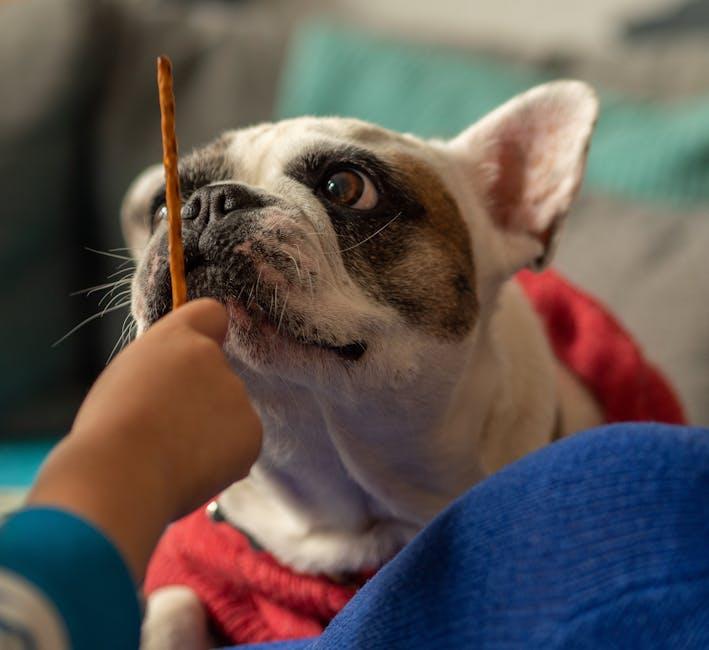Welcoming a new puppy into your home is a joyous occasion, filled with wagging tails and playful antics. As a loving pet owner, ensuring your puppy’s health is a top priority, laying the foundation for a long, happy life together. With the right care, you can nurture your puppy’s well-being, helping them grow into a vibrant and energetic companion. This guide will walk you through essential tips and practices to improve your puppy’s health, from nutrition and exercise to regular veterinary check-ups. Let’s embark on this journey of responsible pet care, ensuring your furry friend thrives in their new environment.
Understanding Your Puppys Nutritional Needs
Every puppy is unique, and their nutritional requirements can vary based on breed, size, and activity level. It’s essential to ensure your puppy receives a balanced diet that supports their growth and development. High-quality puppy food should be the foundation of their diet, providing the right mix of proteins, fats, carbohydrates, vitamins, and minerals. Look for options with real meat as the first ingredient and avoid foods with artificial additives or fillers.
- Protein: Crucial for muscle development and overall growth.
- Fats: Provide energy and aid in the absorption of vitamins.
- Carbohydrates: Offer a source of energy and support digestive health.
- Vitamins and Minerals: Essential for immune system support and bone health.
Consider consulting your veterinarian to tailor a feeding plan specific to your puppy’s needs. Feeding schedules are just as important as the food itself, so establish a routine that includes multiple small meals throughout the day to accommodate their fast metabolism and energetic lifestyle.

Creating a Safe and Stimulating Environment
Ensuring your puppy thrives begins with crafting a nurturing atmosphere that is both secure and engaging. Puppies are naturally curious and energetic, so it’s essential to puppy-proof your home to prevent accidents. Cover electrical outlets, secure loose wires, and remove any small objects that could be swallowed. Create a designated play area where your puppy can explore freely, using baby gates if necessary to restrict access to potentially hazardous zones like kitchens or staircases.
To keep your puppy’s mind active and content, introduce a variety of stimulating toys and activities. Consider the following ideas to enrich their environment:
- Puzzle toys that dispense treats can challenge their problem-solving skills.
- Engage in interactive play sessions using balls or frisbees to burn off energy.
- Provide chew toys to satisfy their natural chewing instincts and promote dental health.
- Rotate toys regularly to maintain interest and prevent boredom.
By balancing safety with stimulation, you’ll not only protect your puppy but also foster a lively and joyful development.

Establishing a Regular Exercise Routine
To ensure your puppy remains healthy and full of energy, it’s important to incorporate regular exercise into their daily routine. Puppies are naturally curious and playful, and engaging them in physical activities not only strengthens their muscles but also stimulates their mind. Begin by introducing short play sessions throughout the day, gradually increasing the duration as they grow. Consistency is key—try to establish a schedule that fits into your daily life, whether it’s a morning walk or an afternoon play session in the yard.
- Interactive Toys: Invest in toys that challenge your puppy, such as puzzle feeders or tug ropes.
- Outdoor Adventures: Take your puppy to different environments like parks or nature trails to expose them to new sights and smells.
- Social Play: Arrange playdates with other puppies to enhance their social skills and burn off excess energy.
Remember, every puppy is unique, so adjust the intensity and type of exercise according to their breed, size, and energy level. Always watch for signs of fatigue or discomfort, ensuring that exercise remains a positive and enjoyable part of your puppy’s day.

Building a Strong Bond Through Positive Reinforcement
Establishing a robust relationship with your puppy is essential for their well-being and can be effectively achieved through positive reinforcement. This method not only nurtures trust but also encourages desirable behaviors, making training sessions enjoyable and productive. Positive reinforcement involves rewarding your puppy with treats, affection, or playtime whenever they exhibit good behavior. This approach helps them associate actions with positive outcomes, promoting a harmonious household.
- Use small treats as rewards for commands like “sit” or “stay” to maintain their focus and motivation.
- Praise and pet your puppy enthusiastically when they follow instructions, reinforcing your bond.
- Incorporate play sessions as a reward for more complex tasks, ensuring training remains engaging.
- Be consistent with your rewards, as this helps your puppy understand which behaviors are expected.
By consistently applying these techniques, you create a nurturing environment that fosters both emotional and physical health, ultimately contributing to a happier and healthier puppy. Embrace this journey with patience and warmth, and watch your bond grow stronger with each successful interaction.
















